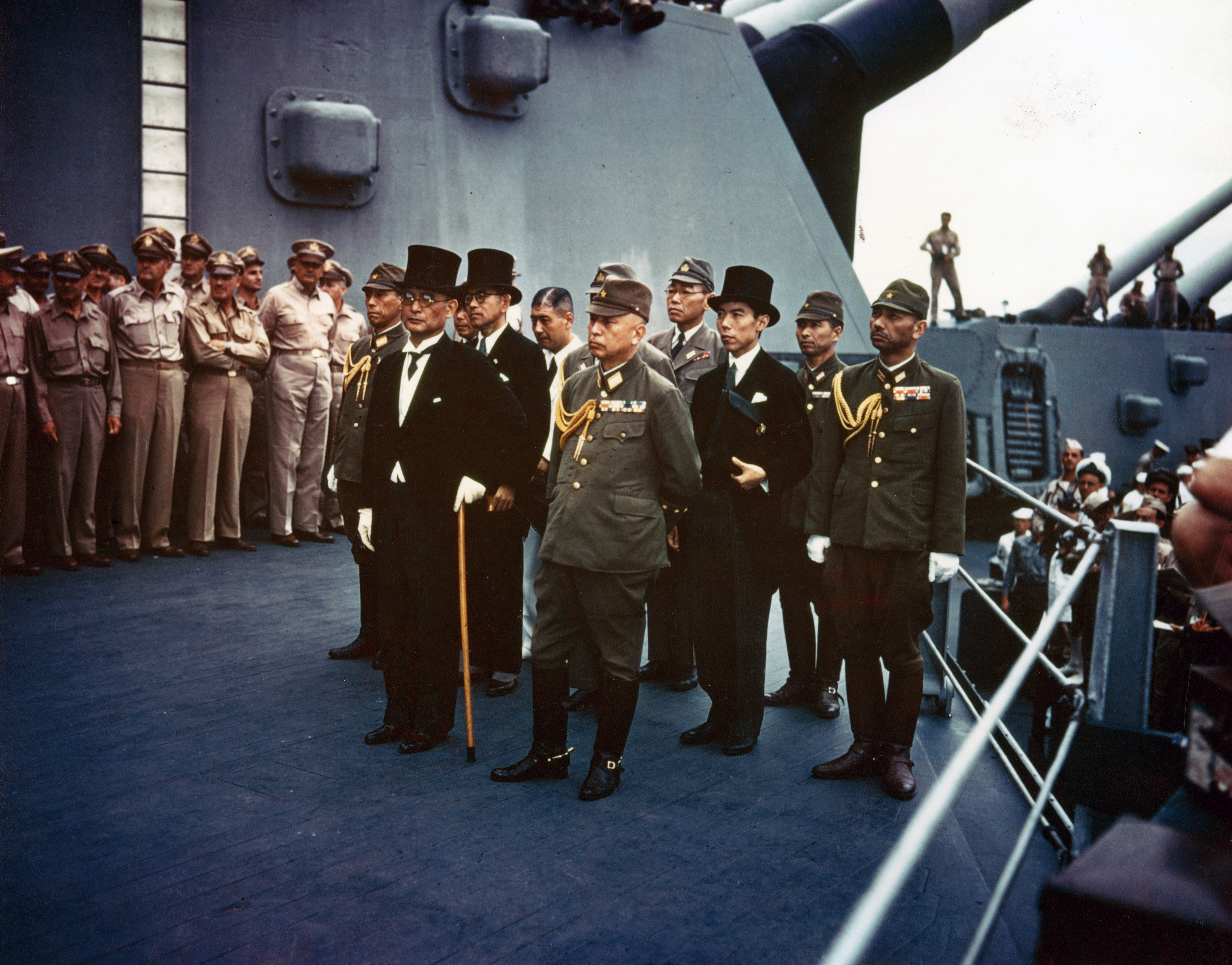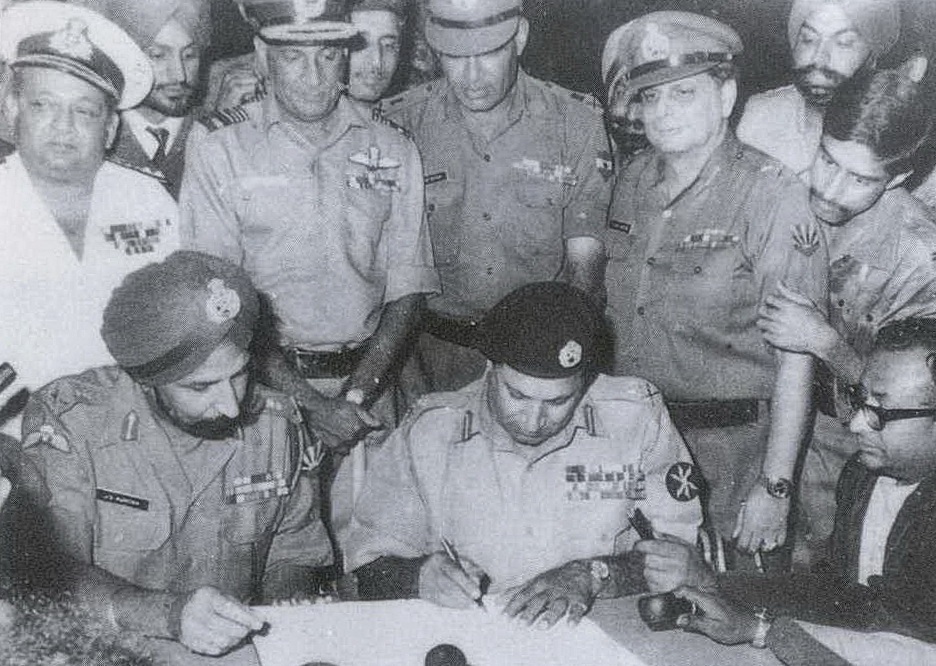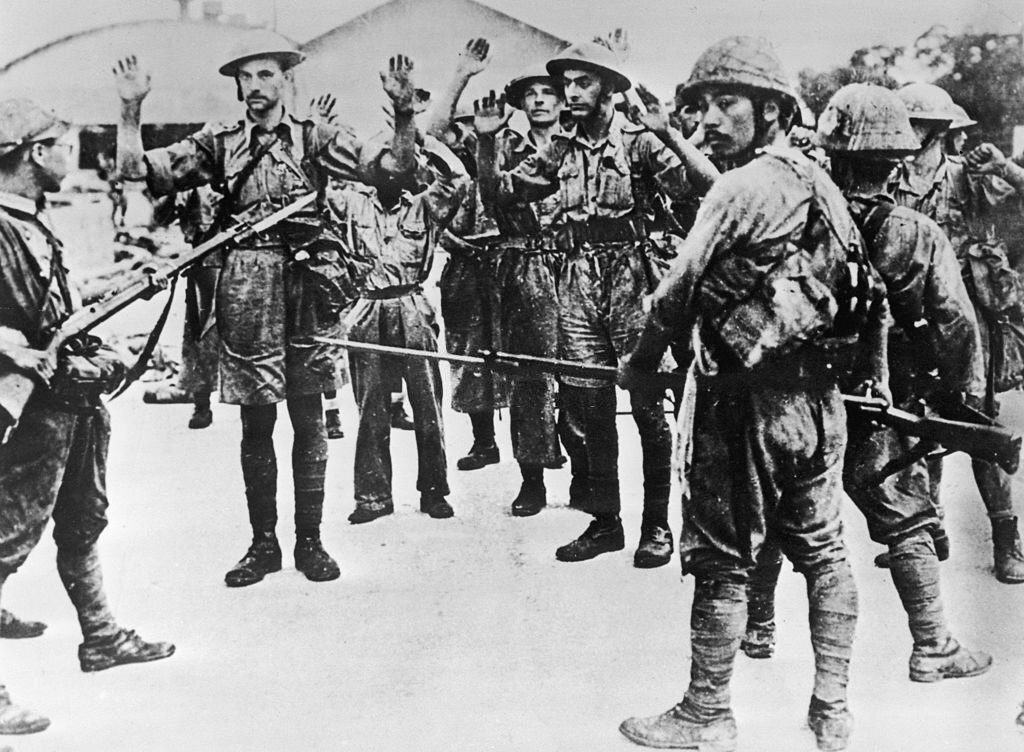False Surrender on:
[Wikipedia]
[Google]
[Amazon]



 Surrender, in
Surrender, in
 A white flag or handkerchief is often taken or intended as a signal of a desire to surrender, but in international law, it simply represents a desire for a
A white flag or handkerchief is often taken or intended as a signal of a desire to surrender, but in international law, it simply represents a desire for a
Tom Barry, Guerilla Days in Ireland, Anvil Books Ltd, FP 1949, 1981



 Surrender, in
Surrender, in military terms
A military, also known collectively as armed forces, is a heavily armed, highly organized force primarily intended for warfare. It is typically authorized and maintained by a sovereign state, with its members identifiable by their distinct ...
, is the relinquishment of control over territory, combatants, fortifications, ships
A ship is a large watercraft that travels the world's oceans and other sufficiently deep waterways, carrying cargo or passengers, or in support of specialized missions, such as defense, research, and fishing. Ships are generally distinguished ...
or armament to another power. A surrender may be accomplished peacefully or it may be the result of defeat in battle. A sovereign state may surrender following defeat in a war, usually by signing a peace treaty
A peace treaty is an agreement between two or more hostile parties, usually countries or governments, which formally ends a state of war between the parties. It is different from an armistice, which is an agreement to stop hostilities; a surr ...
or capitulation agreement. A battlefield surrender, either by individuals or when ordered by officers, normally results in those surrendering becoming prisoners of war
A prisoner of war (POW) is a person who is held Captivity, captive by a belligerent power during or immediately after an armed conflict. The earliest recorded usage of the phrase "prisoner of war" dates back to 1610.
Belligerents hold priso ...
.
Definition and etymology
Merriam-Webster defines "surrender" as "the action of yielding one's person or giving up the possession of something especially into the power of another", and traces the etymology to the Middle English ''surrendre'', from French ''sur-'' or ''sus-'', ''suz'' "under" + ''rendre'' "to give back"; this in turn is defined by the University of Michigan Middle English Dictionary as meaning "The giving up of an estate, a grant of land, or an interest in property to the person who holds the right to it", or, in law, "the relinquishing of letters patent to the king", or "the giving back or return of something".White Flag
 A white flag or handkerchief is often taken or intended as a signal of a desire to surrender, but in international law, it simply represents a desire for a
A white flag or handkerchief is often taken or intended as a signal of a desire to surrender, but in international law, it simply represents a desire for a parley
A parley (from french: link=no, parler – "to speak") refers to a discussion or conference, especially one designed to end an argument or hostilities between two groups of people. The term can be used in both past and present tense; in prese ...
that may or may not result in a formal surrender. Normally, a surrender will involve the handing over of weapons; the commanding officer of a surrendering force symbolically offers his sword to the victorious commander. Individual combatants can indicate a surrender by discarding weapons and raising their hands empty and open above their heads; a surrendering tank commander
Commander (commonly abbreviated as Cmdr.) is a common naval officer rank. Commander is also used as a rank or title in other formal organizations, including several police forces. In several countries this naval rank is termed frigate captain.
...
should point the tank's turret away from opposing combatants. Flags and ensigns are hauled down or furled, and ships' colors are struck.
Process
When the parties agree to terms, the surrender may be conditional; that is, the surrendering party agrees to submit only after the victor makes certain promises. The leaders of the surrendering group negotiate privileges or compensation for the time, expense and loss of life saved by the victor through the stopping of resistance. Alternatively, in a surrender at discretion ( unconditional surrender), the victor makes no promises of treatment, and unilaterally defines the treatment of the vanquished party. An early example of a military surrender is the defeat of Carthage by the Roman Empire at the end of the Second Punic War. Over time, generally accepted laws and customs of war have been developed for such a situation, most of which are laid out in the Hague Convention of 1907 and the Geneva Conventions.The Program for Humanitarian Policy and Conflict Research at Harvard University, "IHL PRIMER SERIES , Issue #1" Accessed at Normally, abelligerent
A belligerent is an individual, group, country, or other entity that acts in a hostile manner, such as engaging in combat. The term comes from the Latin ''bellum gerere'' ("to wage war"). Unlike the use of ''belligerent'' as an adjective meaning ...
will agree to surrender unconditionally only if completely incapable of continuing hostilities. Traditionally, a surrender ceremony was accompanied by the honors of war
The honours of war are a set of privileges that are granted to a defeated army during the surrender ceremony. The honours symbolise the valour of the defeated army, and grew into a custom during the age of early modern warfare. Typically a surren ...
.
The Third Geneva Convention states that prisoners of war should not be mistreated or abused. US Army policy, for example, requires that surrendered persons should be secured and safeguarded while being evacuated from the battlefield.
While not a formal military law, the Code of the US Fighting Force
The Code of the U.S. Fighting Force is a code of conduct that is an ethics guide and a United States Department of Defense directive consisting of six articles to members of the United States Armed Forces, addressing how they should act in combat ...
disallows surrender unless "all reasonable means of resistance reexhausted and ... certain death the only alternative": the Code states, "I will never surrender of my own free will. If in command, I will never surrender the members of my command while they still have the means to resist".
False surrender
False surrender is a type ofperfidy
In the context of war, perfidy is a form of deception in which one side promises to act in good faith (such as by raising a flag of truce) with the intention of breaking that promise once the unsuspecting enemy is exposed (such as by coming out ...
in the context of war. It is a war crime under Protocol I
Protocol I (sometimes referred to as Additional Protocol I or AP 1) is a 1977 amendment protocol to the Geneva Conventions relating to the protection of victims of ''international conflicts'', extending to "armed conflicts in which peoples are ...
of the Geneva Convention. False surrenders are usually used to draw the enemy out of cover to attack them off guard, but they may be used in larger operations such as during a siege. Accounts of false surrender can be found relatively frequently throughout history. One of the more infamous examples was the alleged false surrender of British troops at Kilmichael, during the Irish War of Independence
The Irish War of Independence () or Anglo-Irish War was a guerrilla war fought in Ireland from 1919 to 1921 between the Irish Republican Army (IRA, the army of the Irish Republic) and British forces: the British Army, along with the quasi-mil ...
.See also
* Capitulation, an agreement in time of war for the surrender to a hostile armed force of a particular body of troops, a town or a territory. *Debellatio
The term "debellatio" or "debellation" (Latin "defeating, or the act of conquering or subduing", literally, "warring (the enemy) down", from Latin ''bellum'' "war") designates the end of war caused by complete destruction of a hostile state. Israel ...
occurs when a war ends because of the complete destruction of a belligerent
A belligerent is an individual, group, country, or other entity that acts in a hostile manner, such as engaging in combat. The term comes from the Latin ''bellum gerere'' ("to wage war"). Unlike the use of ''belligerent'' as an adjective meaning ...
state.
* No quarter
The phrase no quarter was generally used during military conflict to imply combatants would not be taken prisoner, but killed.
According to some modern American dictionaries, a person who is given no quarter is "not treated kindly" or "treated ...
occurs when a victor shows no clemency or mercy and refuses to spare the life of the vanquished when they surrender at discretion. Under the laws of war, "it is especially forbidden ... to declare that no quarter will be given".
* Unconditional surrender is a surrender without conditions, except for those provided by international law.
References
{{Reflist Law of war Military strategy